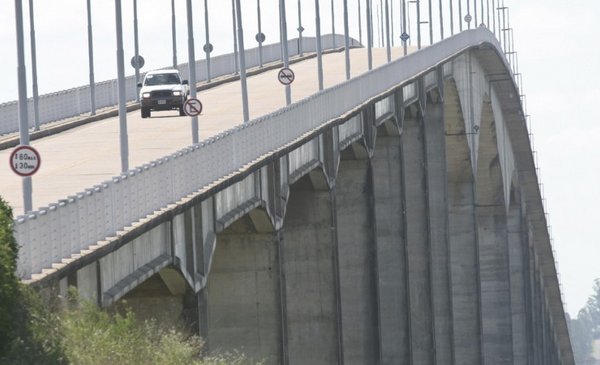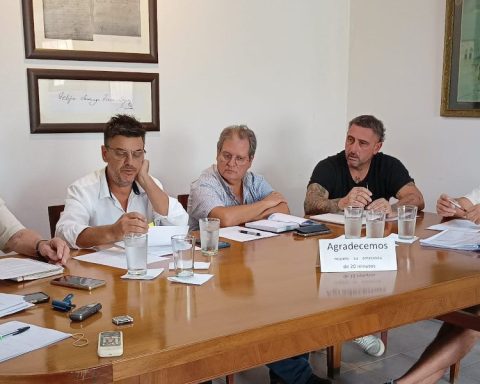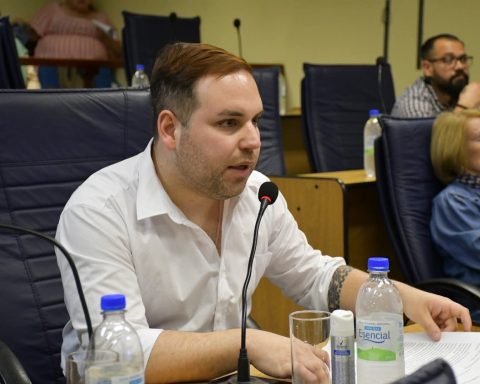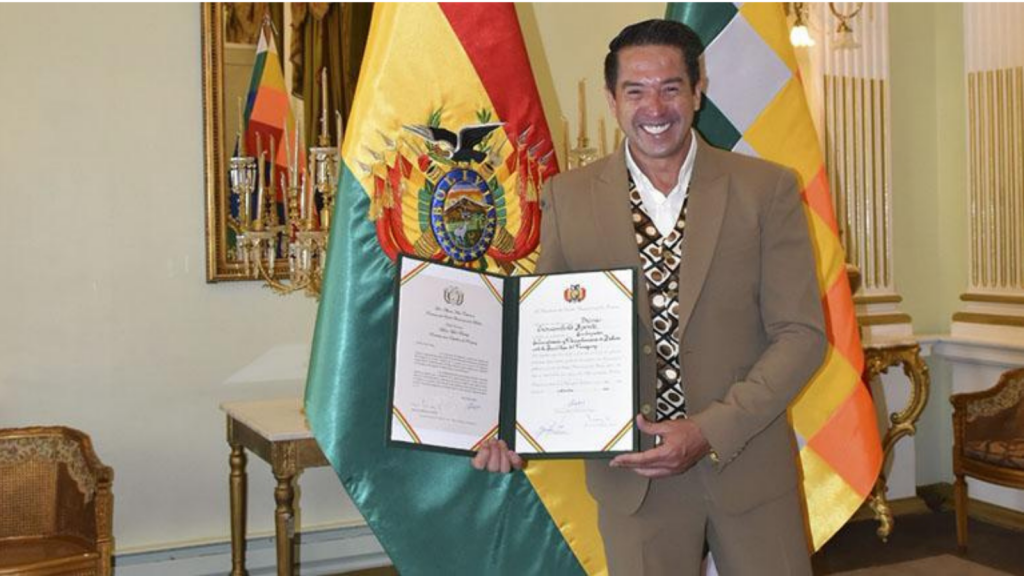The littoral shops remain concerned about the economic situation of the sector, which is threatened by gradual reopening of Argentina’s borders and the deepening of the price gap between Uruguay and the neighboring country.
The border departments of the coast have suffered the impact of this exchange situation for a long time. To this day, the Uruguayan It is three times cheaper to buy several items from the consumer basket in Argentina, although the pandemic revitalized local commerce due to the closure of bridges. Uruguayans stopped crossing into Argentina to make purchases and thus sales in the coastal departments grew by an average of 30%.
Given the imminent opening of the borders of Argentina and the fear of the effects it could have on local commerce, the mayors of Paysandú, Río Negro and Salto, raised the situation to the Executive Branch.
In that sense, at the end of September, the executive power announced a battery of measures covering micro, small and medium-sized enterprises located in up to a maximum of 60 km from border crossings and that have gross income in the last fiscal year before the entry into force of the measures that do not exceed $ 20 million in annual turnover.
The measures, which will last, in principle, one year, include the exoneration of employer contributions, taxes and rate reduction. In particular there will be bonuses for fixed charges on telephony and 25% will be deducted from Antel’s fixed charges for internet. In relation to UTE, 100% of the fixed charges will be discounted.
Also a 100% exemption from employer contributions and Mides monotax or monotributistas are exempted from the minimum VAT charge. Larger companies were waived the minimum IRAE advance.
Fray Bentos Bridge – Puerto Unzué
The measures are air but not a solution for the sector
The sector valued the measures announced by the government but argue that are not enough and that it is necessary to continue working to transfer them to prices and to get closer to the prices of the Argentine supply.
“We have a very great concern because the recovery of the neighborhood traffic impoverishes us as a region“, said to The Observer Juan Martín Della Corte, director of the Paysandú Commercial and Industrial Center (CCIP).
In this sense, he stressed that the CCIP has been working since the beginning of the pandemic in awareness campaigns about the importance of local commerce and that they have intensified in recent months. At the same time, He valued the work that has been done with the government but warned that the latest measures announced are “insufficient.”
According to Della Corte, the measures contemplate companies that are small, “they have little effect on price structuring” So what “When neighborhood traffic resumes, far from lowering their prices, they will have to optimize that saving to survive”.
“We look very favorably on these measures but they are the first sketch of a job that will surely be in the medium and long term., to try to solve a problem that causes our departments to be totally delayed in their development”, He explained.
Ricardo Paulino, president of the Commercial and Industrial Center of Salto (Ccisalto), said to The Observer that “they appreciate“The measures taken by the government although they are”insufficient so that they can be dumped into prices”.

The Telegraph
Paysandú Bridge – Colón
According to Paulino, the sector is working with the Ministry of Economy and Finance (MEF) to achieve more measures that have “three big winners: the consumer, the State and companies”.
“For now, the most logical It would be a direct import measure that frees border businesses to import products and thus that price, due to the exchange difference, could be reflected in the final consumer and the State would not stop collecting. There are lots of details that we have to analyze together so that we affect everyone as little as possible ”, he considered.
Regarding this measure, it was also stated Nelson Rosas, president of the Río Negro Commercial and Industrial Association (Acirn), who said that it is necessary and that “it is not contraband” but one “direct legal import, with facilities for micro-imports ”. “That it is legal that registered entrepreneurs and with certain conditions can import directly from Argentina”, He specified.
Rosas remarked that the coastal trade situation had already been complicated since before the pandemic and that what it did was “put number”. “The government realized now that they had to take action. This issue must be addressed because it is going to be a catastrophe on the coast. You have to put some brake and some measure to equate the possibilities a little more”He claimed.
Entrepreneurs also point out that they can be implemented Frontier prices for the products of the basic basket, as has already happened since 2018 with fuels that have a 24% discount on the Specific Internal Tax (Imesi).
Regarding the possibility of customs restrictions such as “zero kilo” to discourage border transit, the representatives of the shopping centers understand that they are measures that have not worked historically.
In that line, the National Customs Directorate (DNA) lifted the measure of “zero kilo” that governed border crossings. In a decree dated October 28, DNA holds that The merchandise will not be seized as long as it does not exceed 5 kg per person residing in the border zone once every 15 days, it is a varied assortment intended for family subsistence and does not include products subject to prohibitions according to current regulations.
















